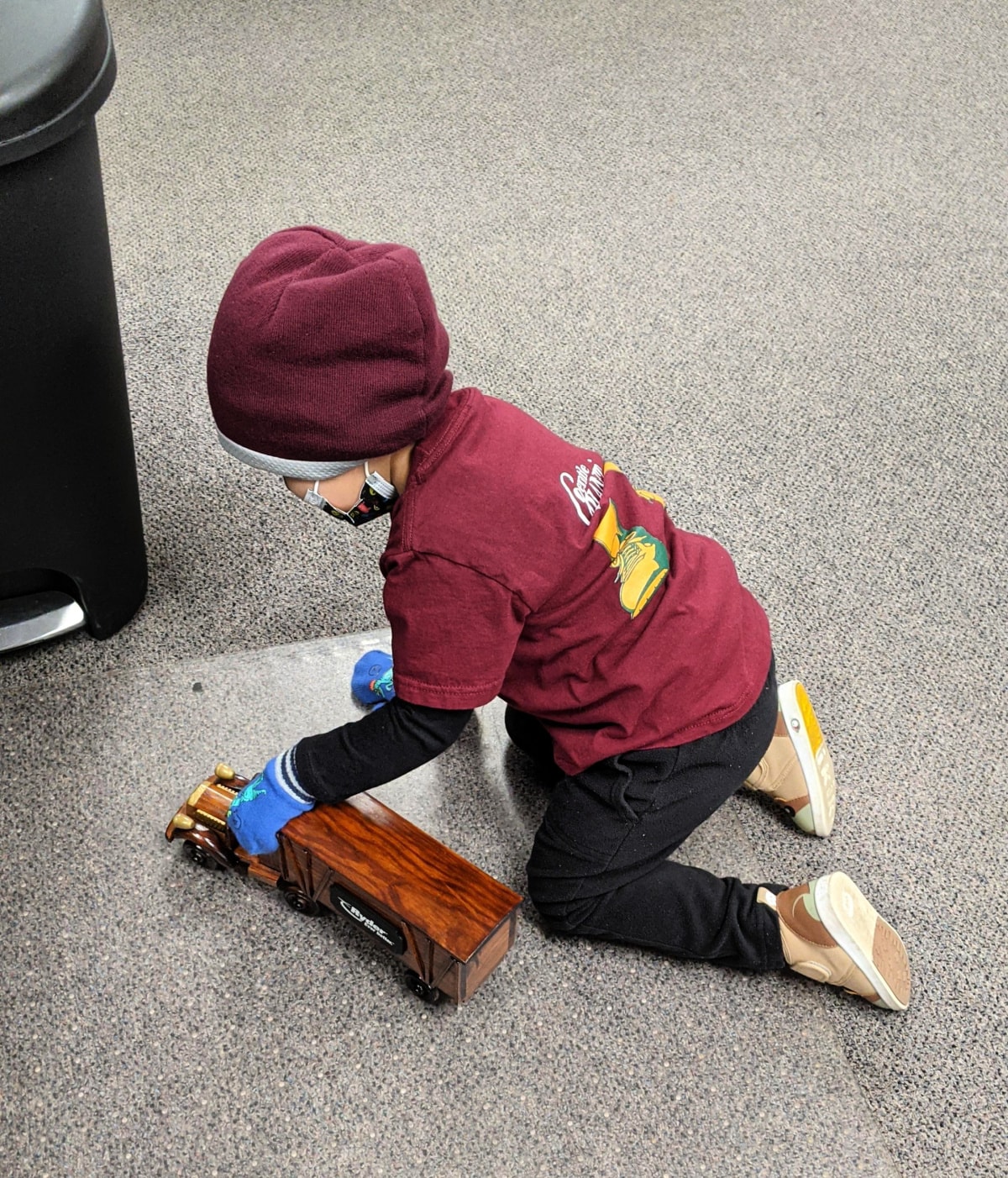
Editor’s Note: The following is a guest blog post written by Alison Lee, a creative content writer, prolific editor, and proofreader.
Many families are eventually faced with the prospect of moving, which can be stressful for both adults and children alike, especially if the move is to another state, country, or continent. Children will likely need some extra attention from adults before and during the move, and this can be a balancing act for parents who are already consumed by a whirlwind of documents, transactions, and meetings with realtors.
The following five tips for parents can make the entire long distance moving process less burdensome, even for the smallest members of your family!
1.) Discuss the move
The most important way parents can prepare their children for the move is by talking about it. Try providing your children with as much information about the move as possible, and let them know about the move early on. Answer any questions they may have comprehensively and truthfully. Let children participate in planning by involving them in the process of finding a new house or a new school – it will help them feel a little more confident and less intimidated by the process. For long-distance moves, provide as much information as you can about the new city, state, and/or country. Use the Internet to explore the area in more detail.
2.) Allow children to say goodbye
Kids can be frightened at the thought of no longer see their friends and classmates. Help your child say goodbye to friends in a meaningful and positive way by hosting a goodbye party, either virtually or in-person depending on the circumstances. This may help children associate farewell with a holiday, not tragedy.
3.) Don’t sever their connections
Before donating or disposing of items during the packing process, ask your kids whether they want to keep them, as you might not know if they have certain items of special significance. You can also encourage your kids to keep interacting with their friends via Internet or include some of their closest friends into your holiday or weekend plans.
4.) Help out with school assignments
The challenge of moving can be an extra burden to children and can keep their focus away from their schoolwork. Anticipate this challenge and offer your help with school assignments when possible. You can lighten their load by helping them do research for a paper, giving a hand with a tricky assignment, or sharing helpful resources on writing essays. This is where a free educational database such as Subjecto can be of great help, by providing insight into various topics your child may struggle with. Your help will be much appreciated and will let your kids feel your support.
5.) Show your support with your time and attention
Intentional actions such as reading an extra bedtime story, whipping out the family’s favorite board game, cooking a meal your kids love, and setting aside extra time to chat will allow your children to express their thoughts and feelings about the move in a safe way. Make sure to validate their feelings and express your own. As a family, you should also plan to do something together right after the move. If you move over the weekend, take an extra day off from work on the following Monday to be with your family, walk around your new neighborhood, and explore your surroundings.
Moving is taxing on every member of the family, especially for children. It can cause feelings of uncertainty, anxiety, and estrangement in kids and teens. This is why it is essential for families to come together to help each other feel better.

